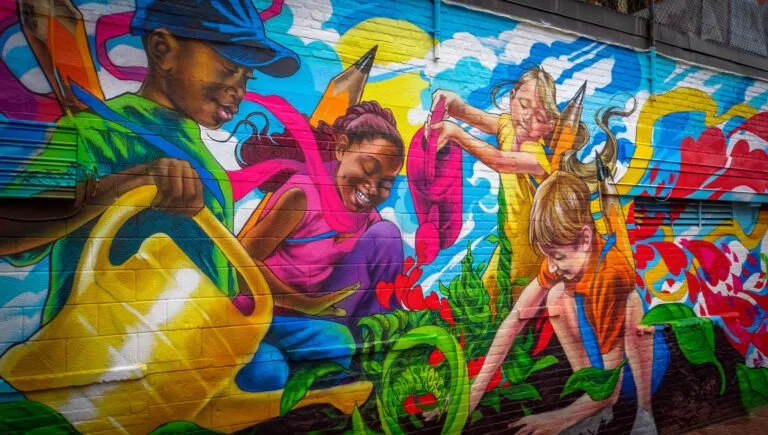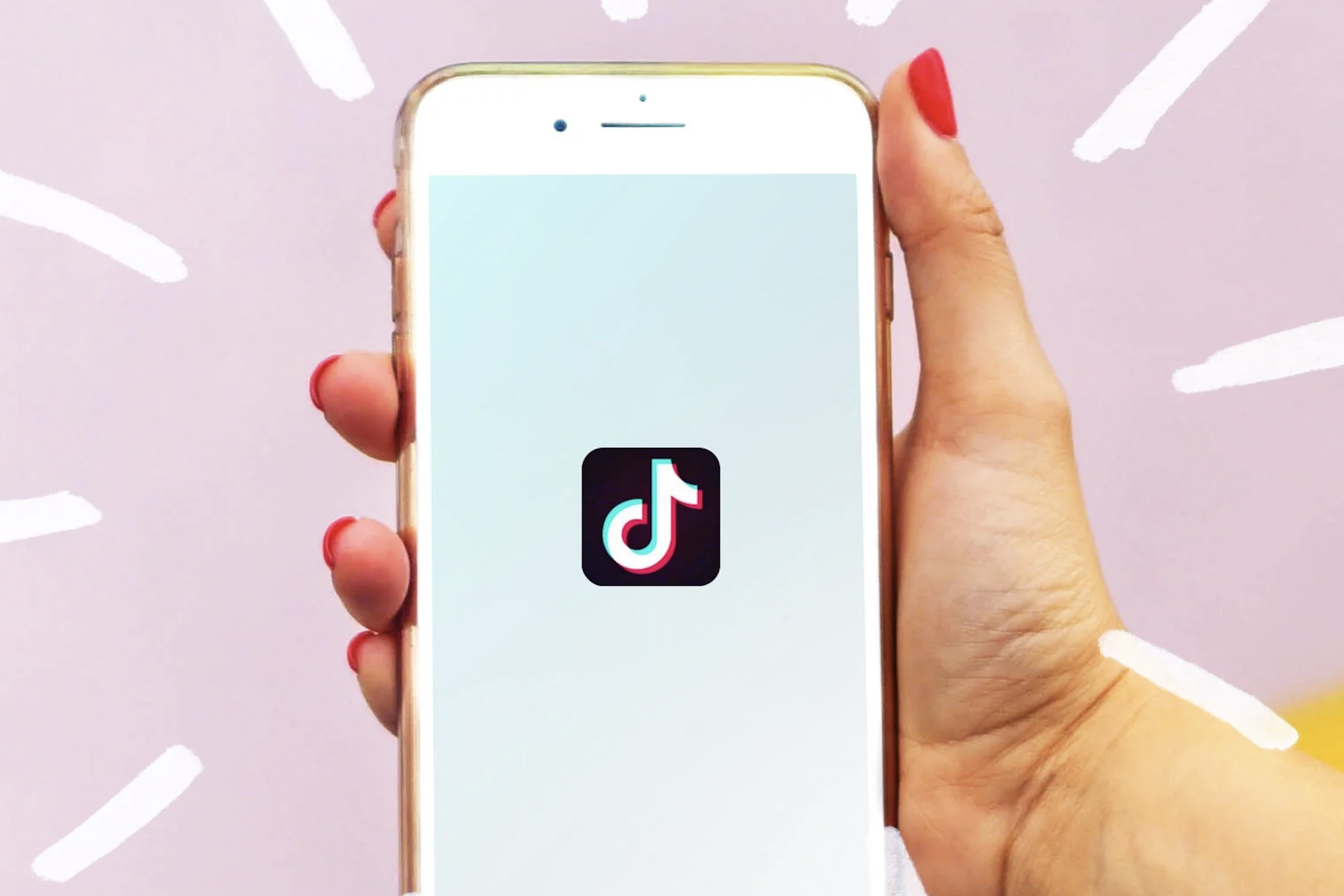As previously foreshadowed by Samantha in an article written in July of 2023, TikTok: Opportunity and Risk, TikTok has been under a microscope from governments across the globe for quite awhile. The analysis provided in her article is still relevant today given the recent vote to ban TikTok, and the United States House moving forward to force Chinese state-owned TikTok company ByteDance to sell their ownership of the U.S. version of TikTok, or lose access to the United States TikTok market. To fully understand the situation, this article will recap TikTok’s controversial Privacy Policy and the 2023 testimonies, and also discuss the current governmental situation surrounding the ban.
February News: AI Watermarking, Text-to-Video, Licensing, and Social Media as News
February’s news continues to focus on AI with 3 key stories: OpenAI’s watermark for Dall-E, Sora’s release, and Reddit’s controversial AI licensing deal (with a side note to their plan to go public as a company). Data has also emerged to reveal Facebook’s loss of domination in the news space as Gen Z through Gen X are turning to Instagram and TikTok.
TikTok Testimonies
The writing in this article is mainly based on opinion as I interpret the coverage of the testimony. The following commentary on the testimonies with links to the testimonies and relevant coverage. There are many, often heated, opinions on this topic and the hearing. Rather than simply explaining the facts of what occurred, for many people already know what occurred and I found it more beneficial to express my opinions on the case.
The Importance of Nonprofits' Prioritization of Patron Privacy
In 2021, TikTok updated its privacy policy which allowed it to collect biometric data on its users, including faceprints and voiceprints. Rather than explicitly informing its users about this change, the app vaguely communicated that they were issuing a “privacy update.” Once people found out what the update entailed, concern rightfully grew. This type of data collection indicates a significant shift from companies collecting behavioral data on their consumers to something much more invasive and without true consent. Only 36% of Americans trust tech companies using facial recognition technology. In general, public trust in Big Tech has been steadily falling in the United States. Regardless, however, most people still click “accept” to the Terms & Conditions on any website without actually knowing what is being agreed to, indicating a disconnect between what US citizens expect from businesses and what is actually being conducted. With a lack of national protection, nonprofit organizations must assume responsibility in protecting personal consumer data and using it ethically.
Case Study of China’s Entertainment Market under COVID-19
As we near the end of 2020, it is important to consider the emerging opportunities for live television as the world transitions through the global pandemic. Live performers sharing space is one aspect of a live broadcast. A second element is a live audience. The following case study focuses on how China restarted its entertainment industries and how other markets might adapt as well.











